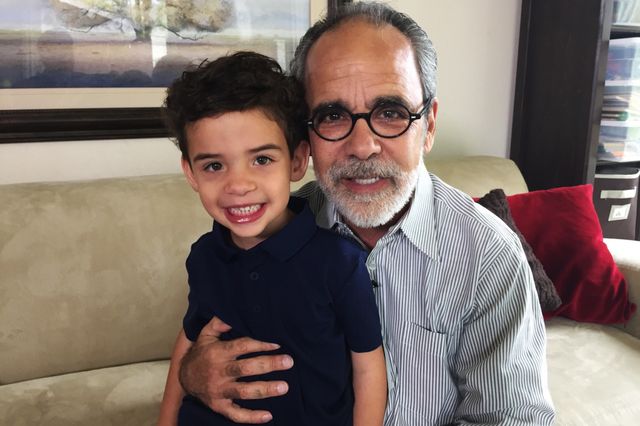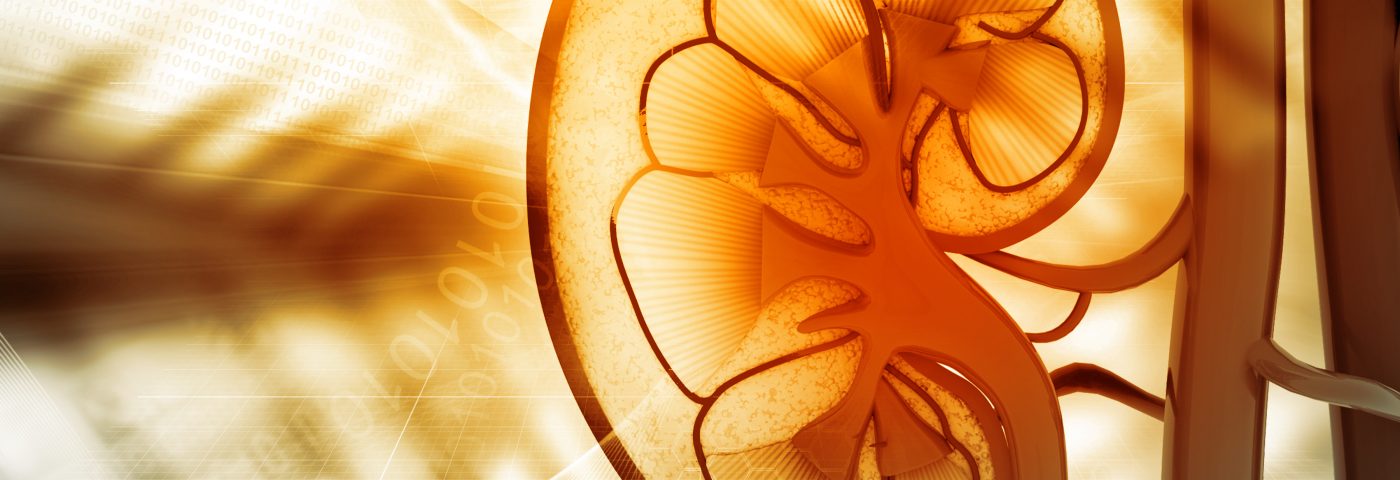The University of California in Los Angeles (UCLA) has launched an innovative organ donation program that allows for living donors to donate a kidney before a friend or family member might need a transplant.
The gift certificate or voucher program, called Living Kidney Donation, has started to spread to other transplant programs across the United States.
“Sometimes, patients may be heading toward transplantation in the next few years, but it would be more convenient for a friend or family member to donate a kidney now,” Dr. Jeffrey Veale, the transplant surgeon who launched the program at the Ronald Reagan UCLA Medical Center, said in a press release.
“A friend or family member could donate a kidney now, before a major anticipated life event — such as traveling, changing employment or getting married — and their intended recipient who is nearing dialysis would receive a gift certificate to redeem for transplantation when needed.”

The idea came from Howard Broadman, a lawyer and retired judge who lives in Laguna Niguel, California.
“It is such a simple concept,” Veale said. “It’s the brainchild of a grandfather who wanted to donate a kidney to his grandson nearing dialysis dependency, but the grandfather felt he would be too old to donate in a few years when his grandson would likely need a transplant.”
Broadman said he was 64 at the time his grandson Quinn was just 4 years old. “I know Quinn will eventually need a transplant, but by the time he’s ready, I’ll be too old to give him one of my kidneys. So I approached UCLA and asked, ‘Why don’t I give a kidney to someone who needs it now, then get a voucher for my grandson to use when he needs a transplant in the future?’ And that’s just what we did.”
Veale said the program could eventually fill the needs of those who are considering donating a kidney to a stranger, known as altruistic donors. These potential donors are often afraid to donate a kidney, fearing a family member might need one at some point, but a gift certificate approach could be a good way to guarantee that by donating a kidney, their spouse or child would receive one in the future when and if they needed a transplant.
“I’ve left a legacy for my grandson,” Broadman said in a press release. “I may not even be here when he realizes it, but I changed his life. It doesn’t get much better than that.”
“We have seen an increase in the number of altruistic donors over the past few years,” Veale said. “Often these people are blood donors or bone marrow registrants and are considering donating a kidney to a stranger.”
The National Kidney Foundation estimates there are about 30 million people suffering from chronic kidney disease (CKD) in the U.S. alone. If one-half of 1 percent of the adult U.S. population would become living kidney donors, the transplant waiting lists would be wiped out 15-times over.
So far, nine other transplant centers across the country have agreed to offer the gift certificate option. Veale predicts more people will come forward to donate their kidneys, hopefully triggering a chain of transplants.

